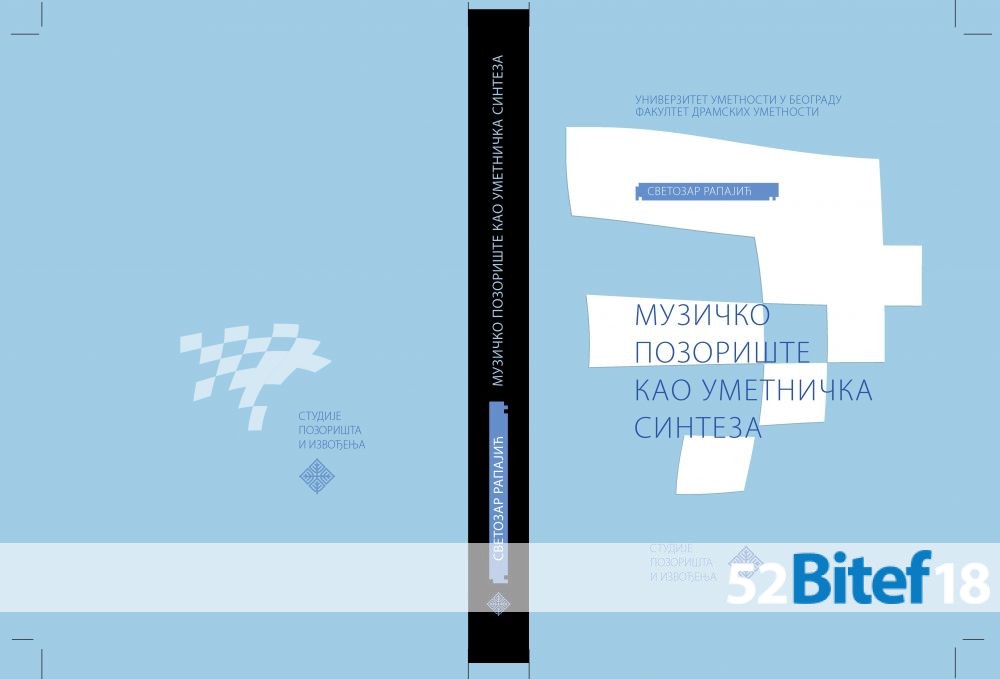Do opera, operetta, musical, ballet and their numerous derivatives belong legitimately to theatre art or are they to be seen as music where the share of basically theatre performance is minimal and secondary in importance? Has opera theatre gone astray at some point because in it, to use Wagner’s words, the means (music) become the purpose and the purpose (drama) becomes the means? Does the idea of musical theatre signify only the established genres performed in standard musical-stage institutions or does this idea have a much wider and deeper range like a bridge that leads from primordial shapes in primitive communities to ancient drama, numerous forms of ritual, religious, court and folk performances to the most diverse research forms of modern and post-modern avant-gardes? Can the idea of musical theatre, therefore, encompass a large, if not the largest part of the theatre history? Does the idea of the musical theatre counterbalance opera or simply transcend it? Is the musical theatre the ultimate form or artistic synthesis? How do an abstract musical text and a concrete text of a live stage action create a singular artistic structure? Texts in this book endeavour to answer these and many other questions.
The most intriguing part in the research of the musical theatre phenomenon is the structural analysis of the process of synthesis and the interdependence of the musical and action text, a combination where the elements of one structure are determined by the logic of the other structure and vice versa. In this interrelationship, which is much more than a simple sum, the two sides fertilise each other and substitute for each other. The structure of a concrete and life-like readable action is subjected to the logic of an abstract musical flow and the abstract musical structure is interpreted by means of the logic of events of inner and outer flows of the dramatic action. Musical abstraction acquires the concreteness of life and the action concreteness an abstract artificiality and aesthetisation.
That is why for the final accord of this book I have chosen a brief but succinct statement, almost a slogan, by Patrice Pavis. In his definition of opera he proclaims: Availing itself of all the theatre resources, and with the advantage of voice and music, opera is a theatre par excellence“

Оцените - total votes 0